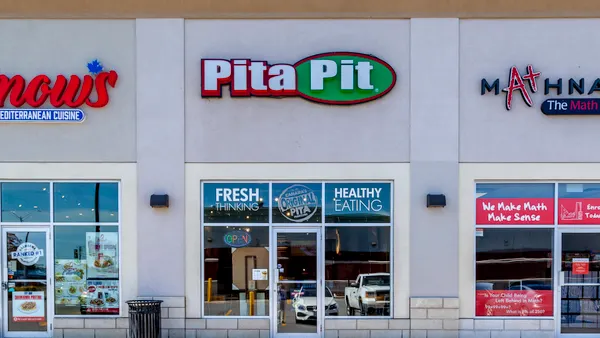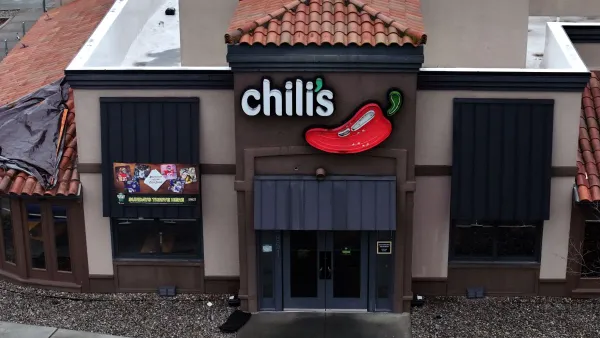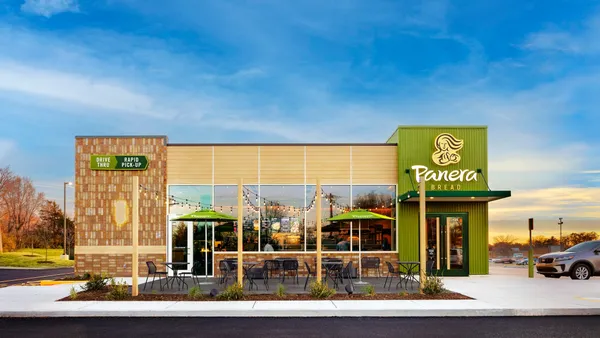Dive Brief:
- Automatic gratuities are not tips as defined by the Fair Labor Standards Act (FLSA), the 4th U.S. Circuit Court of Appeals ruled (Wai Tom v. Hospitality Ventures LLC No. 18-2509 (4th Cir. Nov. 24, 2020)).
- Though their hourly wage, tips and automatic gratuities exceeded the FLSA's minimum-wage and overtime requirements, servers at a North Carolina restaurant claimed the employer violated the statute by paying them through an unlawful tip pool. Because the pool included employees who did not customarily and regularly receive tips, the servers argued those wages cannot count toward their FLSA-mandated pay requirements. The restaurant argued, however, that the automatic gratuities servers earned when attending to large groups of diners qualified as commissions, not tips — a status that invoked the FLSA's Section 7(i) overtime exemption.
- While the 4th Circuit agreed with a lower court that automatic gratuities did not count as tips, it concluded that it "erred in its application of the 7(i) exemption." The exemption mandates that automatic gratuities qualify as commissions when they represent more than half of an employee's compensation. The employees argued, and the circuit court agreed, that they had to combine tips and automatic gratuities for the pay to exceed half of their compensation.
Dive Insight:
Employers may pay tipped employees a reduced hourly wage and use a tip credit to satisfy the FLSA's requirements, according to the U.S. Department of Labor (DOL).
Tipped workers — those who usually receive more than $30 per month in tips — must earn at least $2.13 per hour. Employers, therefore, may claim a maximum tip credit of $5.12, as that amount brings the required cash wage to the federal minimum wage of $7.25. Notably, many states and localities have higher thresholds.
Employees have a right to keep all their tips unless their employers have set up a tip pool. A tip pool must consist of regularly tipped employees, such as waiters and waitresses, bartenders, bussers and bellhops. Employees who aren't usually tipped — dishwashers, chefs and janitors, for example — may not participate in the tip pool.
President-elect Joe Biden plans to end the tipped minimum wage in favor of a $15 minimum wage, and pledged to hold employers accountable for wage theft. Though such a change could be significantly disruptive to restaurant bottom lines, especially for small businesses, the pandemic has pulled back the curtain on problems with tipped wages. A One Fair Wage study, for example, found significant racial wage gaps between tipped workers in New York, with Black women earning nearly $5 less than White men.
But in 2019, the National Restaurant Association criticized proposed legislation to raise the federal minimum wage to $15 over the next four years and abolish the tip credit, claiming such a move would stunt the generation of new restaurant jobs. A Congressional Budget Office study in 2019 also found that a $15 minimum wage would result in 1.3 million jobs lost.














